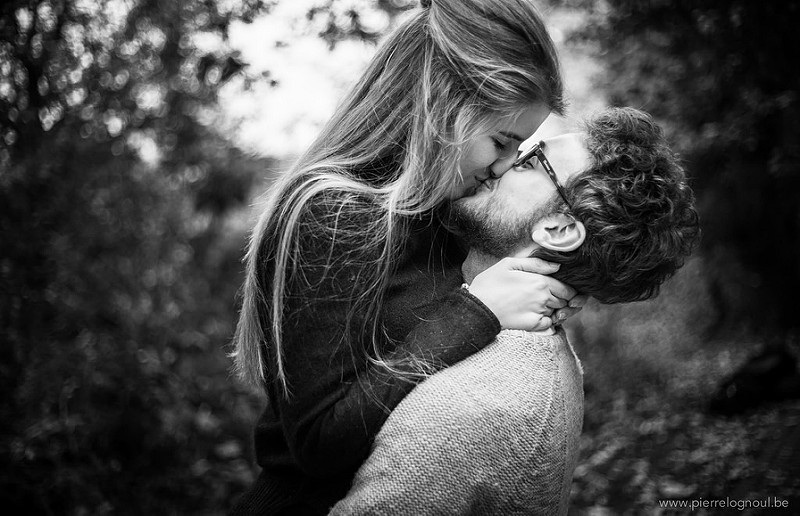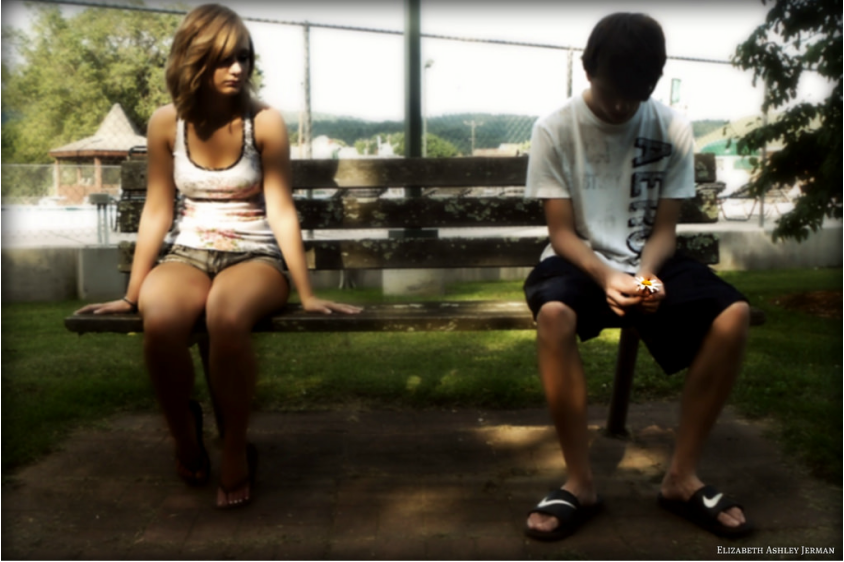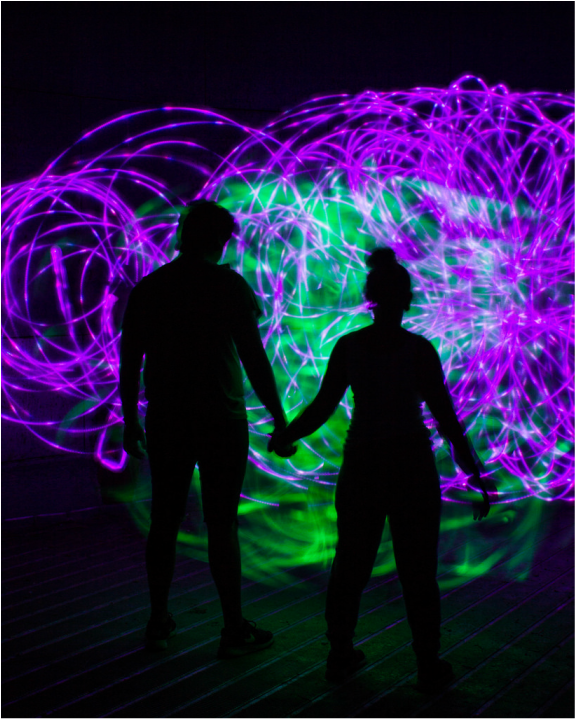The first phase of love is probably everyone's favorite. It's the butterflies in your stomach, heart beats fast, and take your breath away phase of love. This is the "falling in love" phase. When meeting the right person who smells, tastes, looks, and feels right in your arms, you experience a downpour of chemicals in your brain giving you pleasure in being with that person. This is why you feel the overwhelming emotions of love. Lust, passion, desire, and comfort are all examples of what most people feel. Most of the time the flooding of emotions and chemicals in your brain are the reasons why you might ignore the red flags in the relationship.
The second phase is the "building trust" phase. This usually occurs when you feel a commitment to your partner and move towards building a foundation of trust for your relationship. Usually the high from the first phase has worn off so quirks you found cute about your partner in the first phase are now annoying habits. Red flags that were missed are also coming to your awareness and you find yourself taking a hard look at how you and your partner actually fit together. The most arguments that happen in the first two years of a relationship after this commitment step are usually about trust, loyalty, and faithfulness. So you might ask yourself "how much can I depend on you", "will you be there for me when I need you emotionally and physically", "will you have my back", "am I more important than your friends", and "will you support me". This phase usually contributes to long term decisions you make such as getting married, buying a house, merging finances, or having children. When there betrayals during this phase, you may find yourself "loving" your partner but feeling "out of love".
The third phase is the "romantic passion" phase. When you finally get to this phase of love, you have likely weathered through many storms. Your focus is on building loyalty, commitment, and romantic passion in your relationship. On top of this, you work to cherish and realize the gratitude you have for your partner. People who get to this phase are not lucky or special in any way, but what they have done different is to focus on their partner's good qualities and minimize the bad qualities. For the relationships that reach this phase, the love lasts a lifetime.
Love doesn't have to be a battlefield or fade so easily. Sometimes it will be about knowing when to end the relationship and start over. Sometimes it's also about knowing what you have and changing to make things work. Because when you make a commitment to the right person, work to nurture love, and cherish your partner, love has an incredibly long term pay off.





 RSS Feed
RSS Feed
